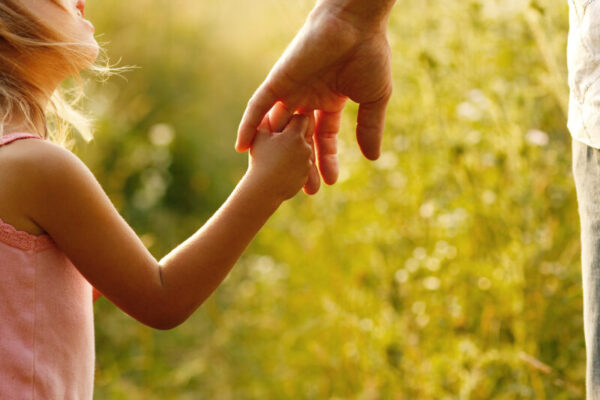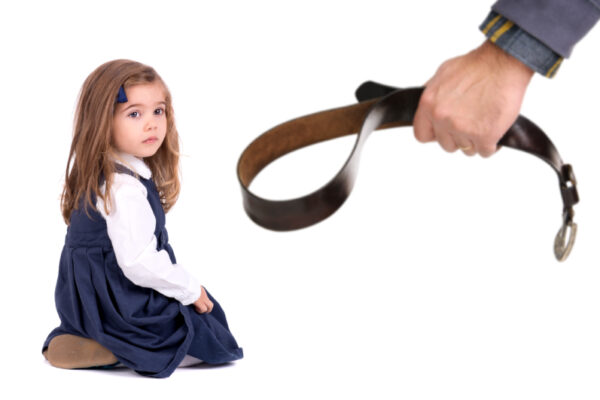In Denmark we have a tradition of being direct, honest and speaking from the heart, when interacting with one another. Even so, many of us may have some doubts as to how to talk with our children about somewhat sensitive issues, such as children and sexuality – the difference between boys and girls, how babies are made, and personal boundaries.
Some parents talk openly about it, naturally and undramatically, and still often end up brushing aside questions, or replying with evasive platitudes.
How we feel about our own bodies and sexuality is reflected in the way our children will later deal with these issues. If we want our children to have a positive body image and feel comfortable with their sexuality, we need to begin with ourselves.
Begin here:
1) How do I feel about my own body? Is it natural for me to talk about sexuality? Does it not bother me? Does it feel embarrassing? Good? Okay? Or scary? Write this down so you can deal with it properly. Start with the one thing that doesn’t belong. For instance, “I feel it’s embarrassing to talk about genitals”. Share this concern with your husband/wife, and agree on how you, in your family, can talk about uncomfortable subjects like this in the future.
2) Consider the hopes you have for your children. How do you think they should feel about themselves, their bodies and sexuality? Write this down – it will help you to commit to change. Reflect on “why” you feel this is important.
3) From here on this is about your child. Someone has started them thinking and that’s why they are asking you questions, so follow up on that. Meet your child’s curiosity with interest and honesty, and answer their particular question. We often have a tendency to overanalyze and respond to far more than really necessary.
4) Make it natural from the beginning. We read stories for our children from a very early age. This can be a good supplement to their reading. It is easier to bring up these topics without directly confronting them. “When Emma became Emma – and how that happened” by Peter Gotthard and “For the Curious” by Marie Christiansen are educational books with nice illustrations, that children will love.
5) As a fundamental rule, you should only talk about or explain something when your child shows an interest in it and asks! This involves meeting your child on his or her level. If they say: “What is that?” and point to a boy with a penis, just answer, that’s a boy, and what you see is a penis. Boys have penises and girls have vaginas. Wait for other follow-up questions. If there are none – let the matter rest. They will ask questions if they feel they haven’t received enough answers. The most important thing to teach them is that they can come to you if they have questions and want to find answers. The trust that you build with them is essential for future communication.
6) Call things by their names! Don’t make up nicknames. It’s better to just talk about the genitals using words that are normally used. Penis, vagina, bottom, breasts, etc.
7) Protect your children’s privacy and teach them to respect their own boundaries and those of others. Don’t frighten or shame them. We are all different and have different attitudes towards our bodies and sexuality.
Iben Sandahl is the co-author of The Danish Way Of Parenting: A Guide To Raising The Happiest Kids in the World. You can also visit Iben’s Facebook page or follow her on Instagram for more inspiration about parenting.





